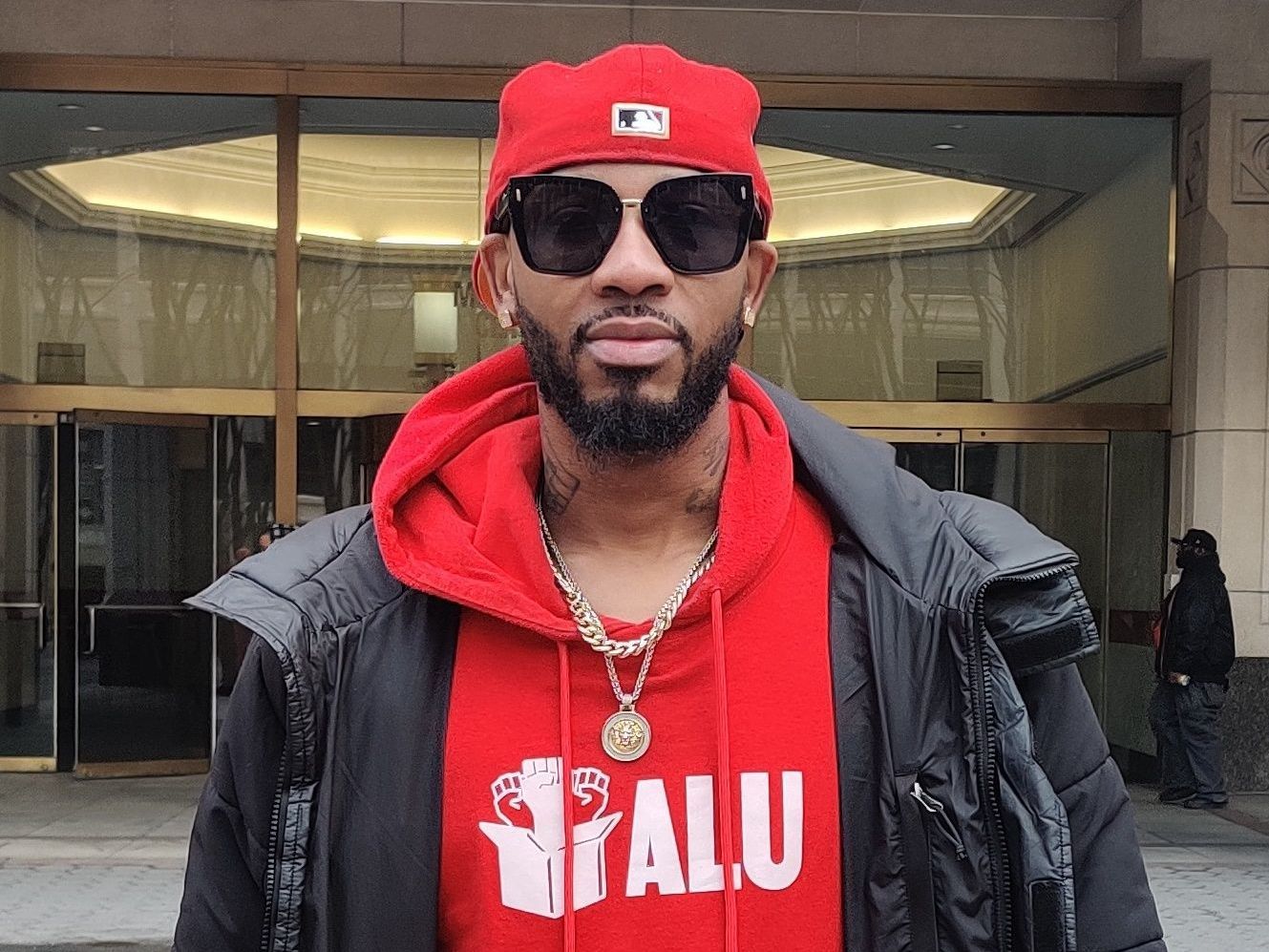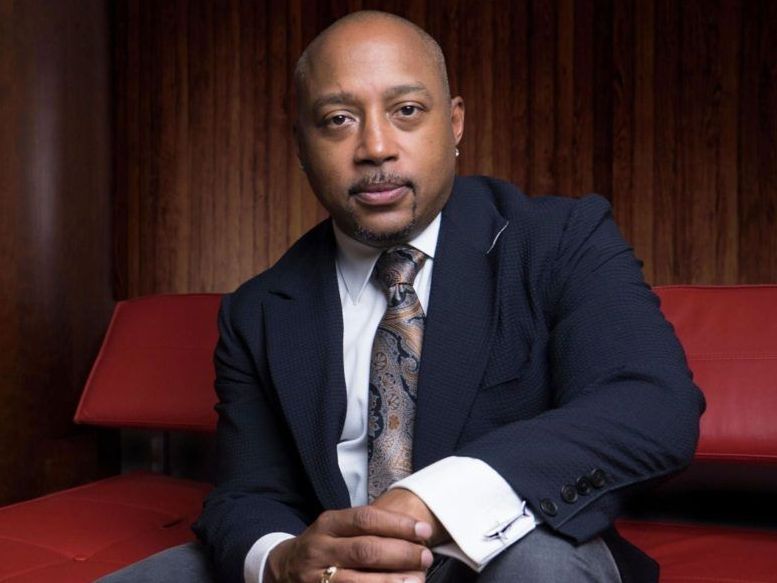How Van Jones is Working to Reduce Poverty and Incarceration Rates

Jones is jump-starting his mission with the surprise $100 million he received from Amazon founder Jeff Bezos after being named the Courage and Civility Award recipient of 2021.
As the Courage and Civility Award recipient in 2021, Jones said receiving the call from the wealthiest man in the world to accept the award was a “transformative moment.”
“I never, never thought I’d get a $1 million grant, let alone $100 million,” Jones said, according to US Magazine. “And it gave me the opportunity for the first time to really sit back, think, what could I do that would make a bigger difference?”
Chef Jose Andres and music legend Dolly Parton are two other celebrities who have won the award. Bezos has stated it’s intended to recognize individuals who have “demonstrated courage” and attempted to be a unifier in a divided world.
“I knew immediately I wanted to disrupt these systems that have been holding underestimated communities back,” Jones said, US Magazine reported. “I knew I wanted to do something to disrupt the for-profit prison system, to disrupt the systems that put a lot of pollution in our communities and lead to poverty.”
Jones also invested in the Philadelphia-based nonprofit organization Beat The Block, which provides young men between 18 and 24 who are loitering on street corners and getting into trouble with paid training to help them achieve their personal and professional objectives.
Jones said that of the 58 young people participating in Beat The Block, 88% found employment, 57% established businesses, and 100% registered to vote.
The investment plan to curb poverty using the funds from Bezos comes after Jones’ alleged ejection from Dream, according to The Daily Beast. Several sources connected to the organization claimed Jones resigned from the nonprofit’s board after arguing with the group’s leadership about its future, but he did not depart voluntarily.
Jones’ publicist and a representative for the organization gave ambiguous answers rather than denying his removal from the board. His spokesperson noted that he is working to launch a new, complementary initiative, which will be announced soon.
Jones ceased managing day-to-day operations in 2019, according to a Dream spokeswoman, but “has continued to be a valuable resource for us, and we’re excited to support the launch of his forthcoming initiative.”
“What if we could create an ecosystem that meant people could make money helping people stay out of prison and helping people get on their feet when they came home?” Jones asked, US Magazine reported. “What if instead of having an incarceration industry, you had a decarceration industry?”







